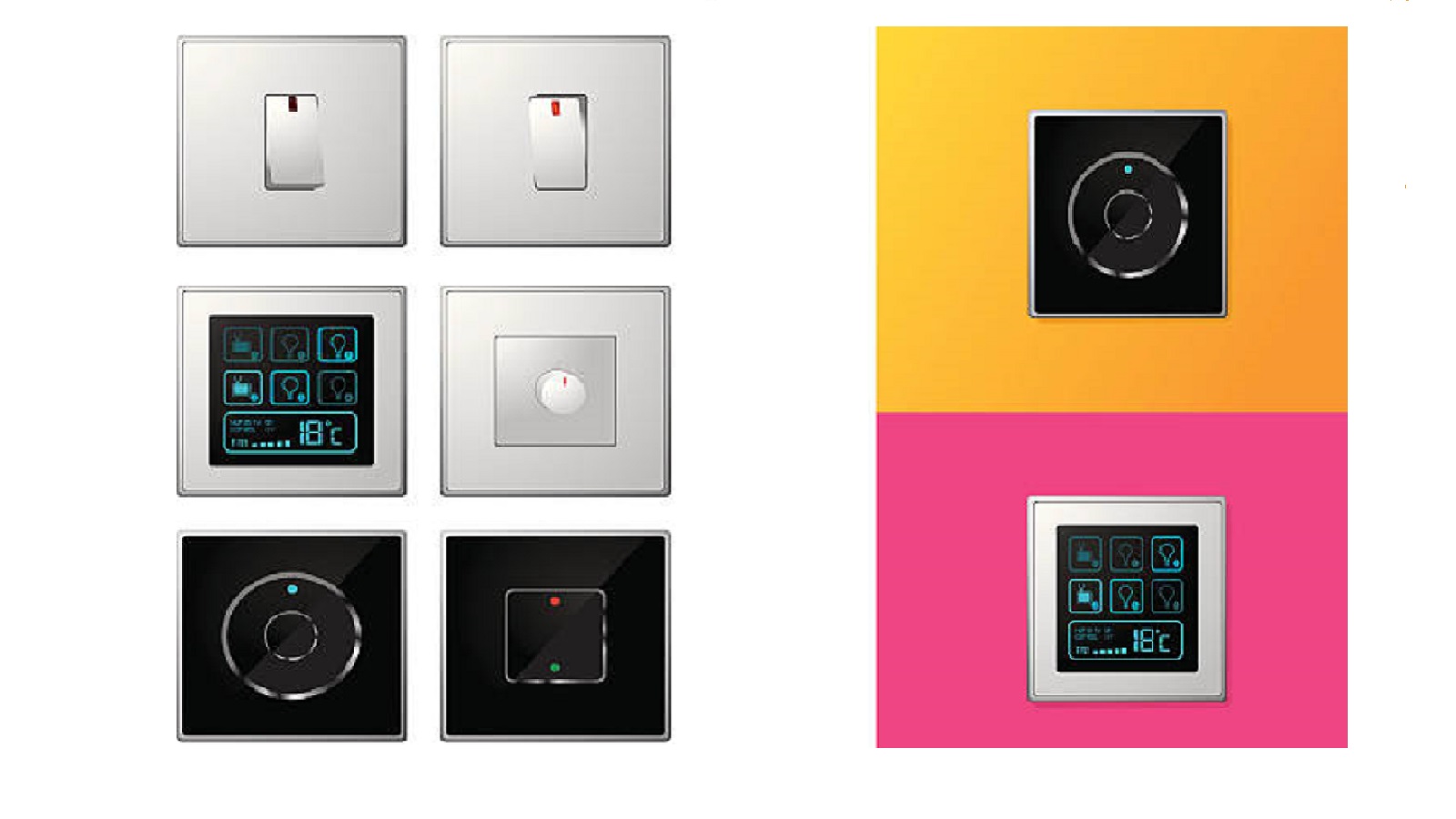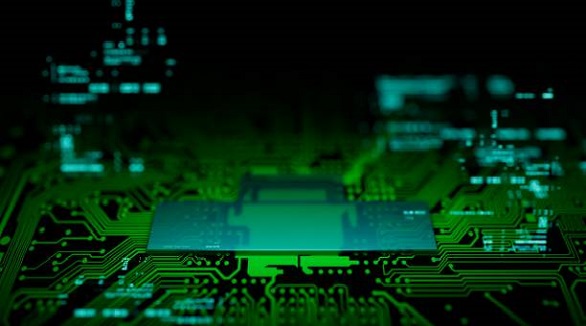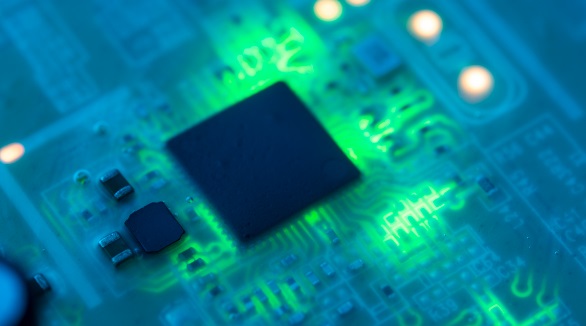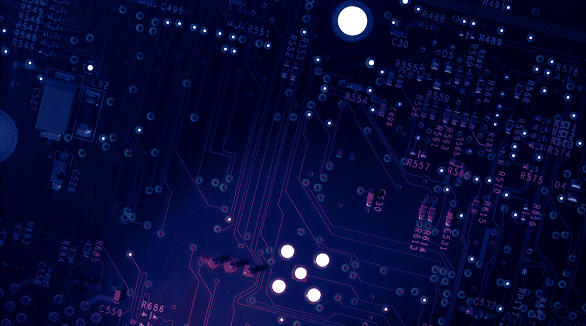Top 5 Smart Switch Manufacturers in the World
Smart switches revolutionize homes. Leading brands like TP-Link, Lutron, WeMo, Leviton, and GE innovate with seamless integration and smart technology.
The smart home sector is in a constant state of evolution, with smart switches at the helm of how we operate our lights and appliances around our house. Those switches grant users control over home environments through remote apps, voice commands, and automated systems. According to the increase in market performance, several manufacturers related to this industry have come into prominence by virtue of their superior quality and innovative nature. By far, five manufacturers leading this sector globally are as below:.
TP-Link Kasa
TP-Link has gained a place in the smart home market with the line of famous Kasa series. For integration with Amazon Alexa and Google Assistant, Kasa smart switches have been known for offering an extensive range of features: remote access, energy monitoring, and scheduling. With their user-friendly designs and performance reliability, they remain top in their class, making them well-liked devices all over the world. Kasa is ideal for any user looking for simple installation with effective technology; hence, for user-based solution perspectives, it is one of the leading brands.
Lutron Caseta
Lutron has built a long history from being a lighting control expert, and this Caseta range has furthered this standing. Because of its compatibility with the largest number of smart home devices, Caseta is the best smart switch out there. These switches use radio-frequency wireless technology to ensure easy installation and use. Dimming from Caseta is some of the best out there, creating ambiance while really pushing energy efficiency along. With such a heavy emphasis on quality and innovation, Lutron seems to have maintained continued dominance-especially for users focused on seamless integration and custom lighting experiences.

WeMo by Belkin
The Belkin WeMo switch series is famous for its flexibility and ease of installation. Advanced features, such as voice command operability, further allow users to efficiently monitor and manage use-even displaying energy usage statistics. WeMo also interacts with a number of smart home technologies, thus further fomenting its popularity among the modern tech enthusiast. WeMo brags, indeed, about the emphasis on functionality and versatility that seals its position as one of the leading contenders-especially for those households looking for something over which they have full control and flexibility.
Leviton Decora
Leviton is a well-known name when it comes to electrical devices. Leviton's Decora series offers stable smart switches with stylish looks and wide compatibility. These switches can easily integrate with a number of platforms and have further-enhanced features like automation and scheduling. This is sure to impress those users who consider both aesthetics and the practical functionality of the switch. Leviton has preserved its engagement in developing innovative products, and its presence in the market is one of the best options for users in search of style and good performance.
GE Cync
Formally recognized under the brand name C by GE, smart switches in the Cync series from General Electric have exploded in popularity through being intuitive to handle. Offering dimming, quick setup, along with fluent integrations into both Alexa and Google Assistant, the products of GE Cync can be operated by any person aiming for simplicity with his or her smart home. This product line shows the perfect balance between convenience and leading technology in appealing to user-focused minds.
Comparison
Among the striking factors when comparing these top manufacturers are:
Integration and Compatibility: Lutron Caseta is leading in regard to system compatibility. It easily integrates into a number of smart home setups. TP-Link Kasa and WeMo follow closely behind, offering easy integration with major voice assistants.
Ease of Installation and Use: Both GE Cync and WeMo claim ease of use by virtue of their simple setup and intuitive controls; hence, they should be good for beginners or people who just want simple smart home upgrades.
Energy Efficiency and Control: All five brands have basic energy monitoring and control, though WeMo is keen on introducing energy analytics that will enable users to optimize their usage effectively.
Design and Aesthetics: Leviton Decora is highly recognized for its slim design; hence, it rates among the best for users whose needs are along the lines of aesthetic appeal, in addition to functionality.
Dimming and Customization Capabilities: Dimming is superior in Lutron Caseta; hence, it can present one with the possibility of personalizing the experience related to lighting.

As the market for smart home solutions grows, major companies such as TP-Link, Lutron, WeMo, Leviton, and GE continue to set new standards for excellence and originality. With their respective advantages, each brand can satisfy the needs of a diverse variety of clients while ensuring a seamless transition to new smart home technologies. As these manufacturers push the limits of innovation, precision PCB assembly remains critical, silently assuring the functioning and dependability of today's smart switches. PCBX's dedication to quality assures that each smart switch can easily meet today's needs for connected living.
Hot Tags:
Contact us

If you can't find what you're looking for, please contact us.
Article

Smart switches enhance home automation with features like voice control, remote access, and energy monitoring, using PCBs for efficiency and connectivity.

PCBs are essential for organizing information and power flow in electronic devices, benefiting from flexibility, durability, safety, efficiency, and heat management.

The article explains the current situation of Printed Circuit Boards and future development based on efficient production helped by advanced software and manufacturing processes. Future technological developments are in store for 3D Printed Electronics, flexible PCBs, eco-friendly biodegradable PCBs, and board cameras. It elaborates on other powerful automation tools that are going to make the entire PCB design process efficient in the near future. All of them will further improve and develop with the technological advances in PCBs, keeping up with the ever-increasing industry and consumer demands.
